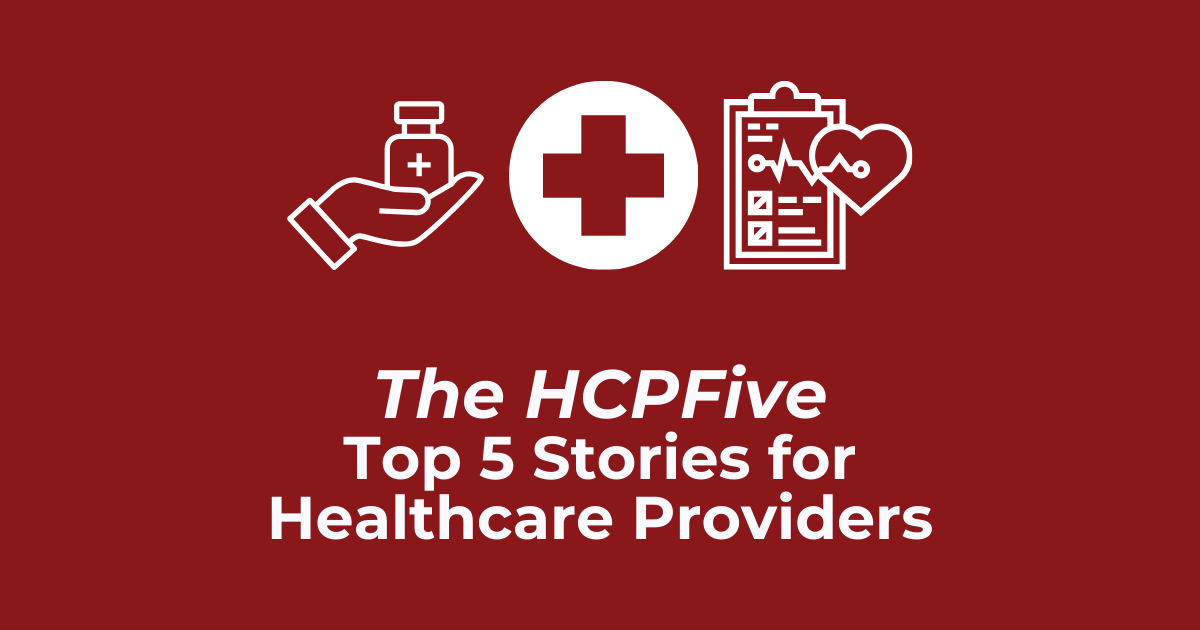
A recent report reveals that Arkansas has the fifth-highest adult obesity rate in the United States, with 38.9% of adults classified as obese in 2024. This figure remains consistent with the previous year’s rate of 40%, according to the report titled *State of Obesity 2025: Better Policies for a Healthier America*, released by the Trust for America’s Health on October 16, 2024. The data, derived from the Centers for Disease Control and Prevention (CDC), highlights the ongoing public health challenge of obesity across the nation.
Arkansas’s obesity rate is notably higher than the national average, with the state being one of 19 states reporting rates above 35%. The report also indicates a concerning rise in diabetes prevalence, with approximately 15% of Arkansas adults diagnosed with the condition in 2024, up from 13.6% in 2019. The connection between obesity, diabetes, and other health issues underscores the need for effective intervention strategies.
Long-Term Trends and Childhood Obesity
The obesity rate in Arkansas has seen a gradual increase since 2011, when 30.9% of adults were classified as obese. This upward trend emphasizes the necessity for comprehensive public health initiatives. In response to the growing concern, Governor Sarah Sanders has announced initiatives aimed at connecting schools with local food producers to improve nutritional options for students.
The state also monitors childhood obesity through Act 1220 of 2003, which mandates that schools record students’ height and weight. A report from the Arkansas Center for Health Improvement (ACHI) covering the 2023-2024 school year revealed that nearly 23% of public school children in Arkansas are considered obese, while 17% are classified as overweight. In contrast, 58% maintain a healthy weight, and 2% are underweight.
Recommendations for Addressing Obesity
The recent report outlines several recommendations aimed at reducing obesity rates and curbing the consumption of ultra-processed foods. Key suggestions include:
– **Public Education**: Initiatives to inform consumers about the health effects of ultra-processed foods.
– **Food Labeling**: Implementing clear markings on ultra-processed food products.
– **Marketing Restrictions**: Limiting advertisements for unhealthy foods targeted at children.
– **Economic Incentives**: Utilizing taxes and subsidies to encourage healthier food choices.
– **Nutrition Programs**: Enhancing school meal standards and updating programs like SNAP and WIC.
Additional broader policy recommendations focus on increasing federal funding for chronic disease prevention, enhancing food security programs, and restricting unhealthy food marketing to children. The report advocates for supporting physical activity through community design and school programs, as well as expanding Medicaid coverage for obesity-related care.
The full report from the Trust for America’s Health, which includes detailed data for each state, is available online for those interested in exploring the findings further. As states like Arkansas confront the obesity epidemic, these insights and recommendations may prove essential in shaping future public health strategies.







